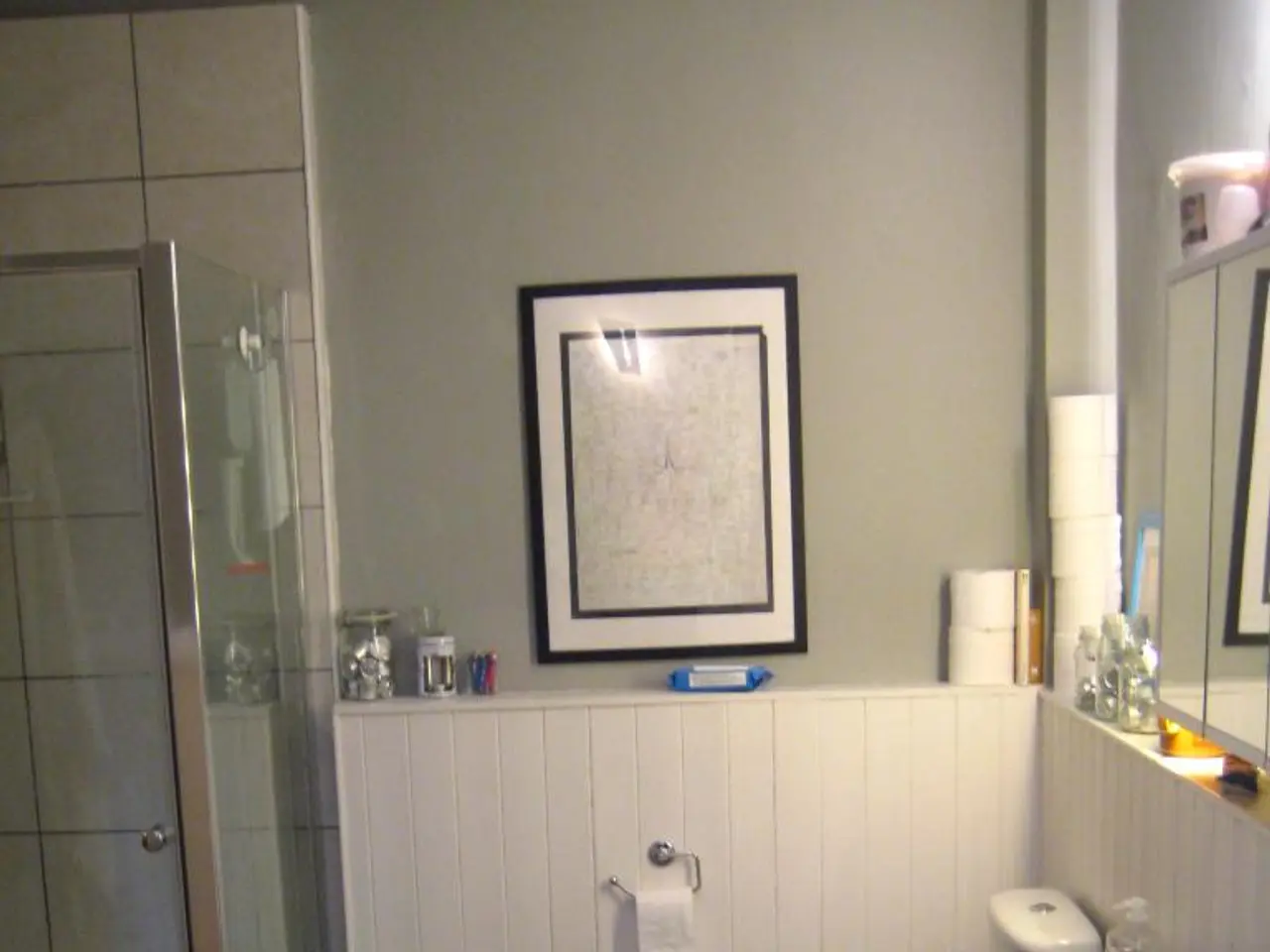Senate Committee Approves New Legislation Limiting Transgender Individuals' Access to Public Restrooms in Government and Educational Settings
Senate Bill 7, a bill that restricts transgender individuals from using bathrooms in government and school buildings that match their identifying gender, has cleared the Texas Senate but faces significant obstacles in the House.
If passed, SB 7 would join other bills affecting transgender people's lives in Texas, set to take effect in September. The bill mandates that individuals in government buildings and schools must use bathrooms corresponding to their biological sex as defined by birth sex. The legislation also applies to prisons and women's violence shelters based on biological sex.
The greatest hurdle the bill will face is in the House, as the lower chamber has never passed a bathroom bill from the floor. This is due in part to the current situation where most of the House's Democrats have fled the state in a bid to break quorum and block Republican redistricting efforts, which could stifle progress on any bills for the two weeks left in the special session.
Obstacles SB 7 faces in the House include:
- Lack of quorum in the House due to Democratic walkout: Democrats have left the state to prevent a quorum, motivated in part by opposition to this bill and other GOP priorities. This means the House is essentially deadlocked and cannot pass or block SB 7 right now.
- Political opposition and advocacy: Groups like Equality Texas and the Pride Community Center have voiced strong opposition, highlighting the bill’s impact on transgender Texans and casting the bill as discriminatory.
- Public controversy and activism: Supporters frame the bill as protecting women's safety and privacy, while opponents emphasize increased danger and exclusion for transgender people, adding to the contentious political environment.
Because the special session is limited in time, if the quorum break continues, it is likely SB 7 will not pass the Texas House during this session and thus will not become law at this time.
Lt. Gov Dan Patrick has voiced his support for similar proposals in the Senate for years. The bill was authored by Sen. Mayes Middleton, R-Galveston. A committee substitute for the bill was filed on Monday, which mandates that the 15th Court of Appeals have exclusive jurisdiction to any civil action brought from the bill, and added its own definitions of male and female.
Advocates for family violence shelters want language in the bill changed that lumps shelters in with spaces like restrooms because they worry it would de-incentivize victims from seeking help. Opponents of the bill fear that attempts to enforce the law would evolve into discriminatory scrutiny and surveillance affecting both cisgender and transgender women.
The Texas Tribune is a member-supported, nonpartisan newsroom informing and engaging Texans on state politics and policy.
- The House is a significant barrier for SB 7, as the lack of quorum due to Democratic walkout has created a deadlock, preventing the bill from being passed or blocked at this time.
- The legislation, if passed, would join other bills aimed at affecting transgender individuals' lives in Texas, but it faces political opposition and advocacy from groups like Equality Texas and the Pride Community Center, who view the bill as discriminatory.
- The bill's potential enforcement could lead to increased scrutiny and surveillance for both cisgender and transgender women, according to opponents, creating a contentious political environment that could impact the legislation's progress in the House.








